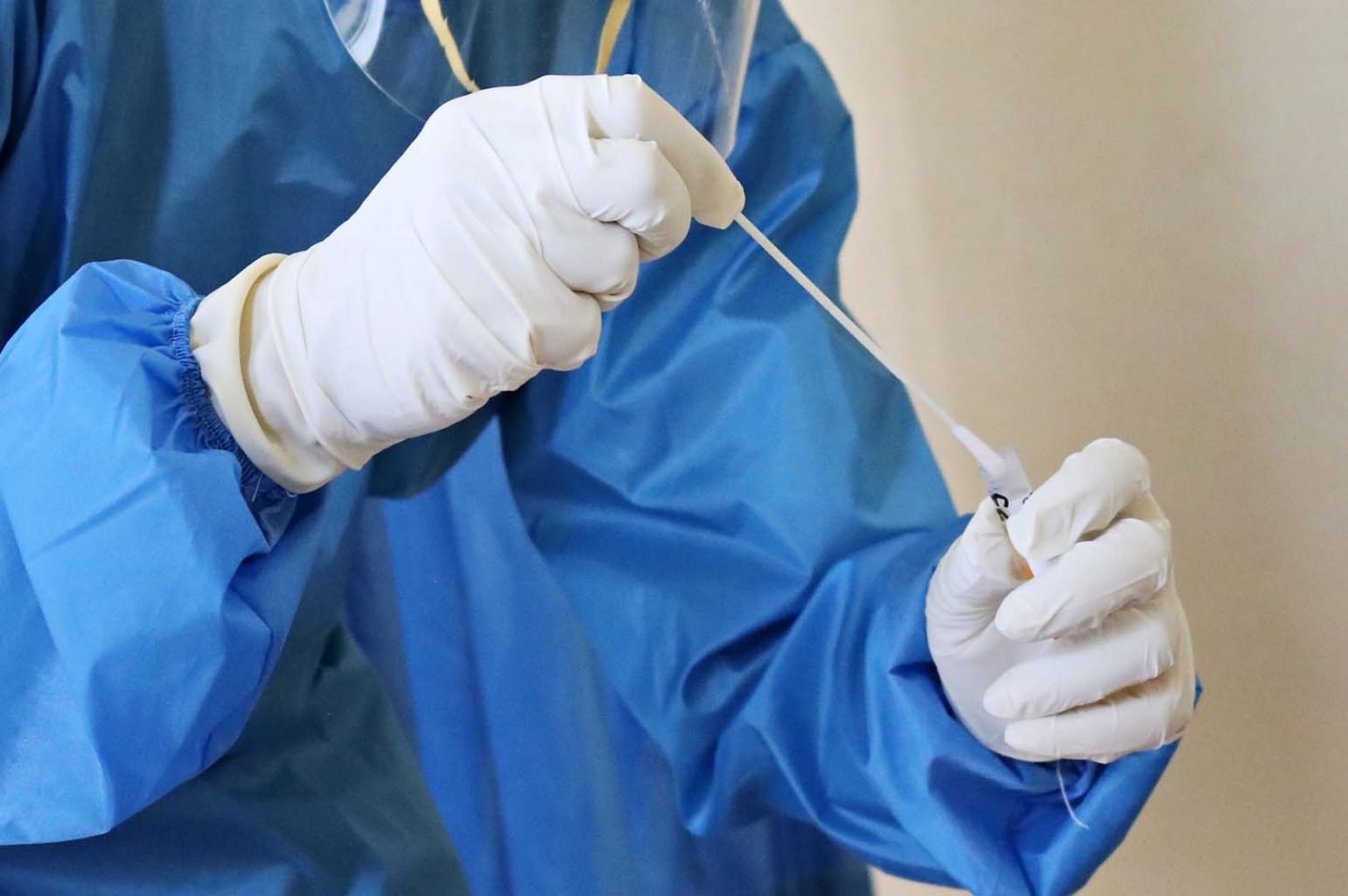This summer has brought up a host of issues relating to the government’s mandated PCR tests. Businesses supplying mandatory COVID-19 tests have been accused of price gouging, late or no-show tests, and refusing refunds. However, this is just one of the many issues surrounding the government’s botched attempt to push out as many PCR tests as possible. This post will cover what a PCR test is, how to check for legitimate companies, and the issues the UK has been facing regarding unethical practices by government-approved PCR companies.

What Is A PCR Test?
PCR stands for a polymerase chain reaction. This test will detect any single base change in the target sequence between the two primers, which means it might not see all types of mutations. They were authorized for use in February 2020 as a rapid and convenient method to test patients if they have been infected with the SARS-CoV-2 virus (COVID-19). Although these tests have proven to be reliable enough to relieve congestion in hospitals, it is not their efficacy that has been called into question. Instead, it is how the UK government has approved a wide range of companies to sell them to the general public.
What Is The Issue?
Travelers entering the UK are required to submit to a PCR test even if they have had an entire course of a WHO-approved vaccine. However, the main issue stems from the fact that the government directs travelers to a website containing a list of around 400 companies that provide these tests, seemingly without any foresight to check who they are and how they are providing the tests to those requiring them. According to Avi Lasarow, a recognized genetics entrepreneur, the list of government-approved COVID test suppliers is like “the Wild West,” and it is travelers who are facing the consequences. He goes on to state that while their intentions are sound, i.e., to ensure that all travelers entering the country are free of the virus, the execution is poor. Some providers are over-charging, while others are failing to deliver results in time.
Furthermore, compared with other countries in Europe, the extent to which these cowboy companies will gouge their customers is evident. For example, prices for these tests are capped at €50. In comparison, the prices in the UK can range from £20 up to £500 in some extreme cases. Moreover, it appears that only 25 of the 400 providers are fully accredited by the watchdog in charge of the scheme, further reducing confidence in an already beleaguered government.

What Is Being Done?
Fortunately, the government is attempting to rectify the situation. Sajid Javid, Secretary of State for Health and Social Care, has requested an investigation by the Competition and Markets Authority (CMA) following reports that pricing was advertised incorrectly in some cases and irregularities in tests. In addition, they are advising. However, the CMAs apparent lack of responsiveness has caused some travel industry leaders to strike back and accuse them of dragging their feet on the matter. Their fears are partly based on the fact that the holiday season is coming to an end and that their industry may take longer than expected to recover due to the confusion surrounding these tests.
What Can You Do To Find A Genuine PCR Provider?
While the review by the CMA will take some time to complete, there are some things that travelers can do to ensure they are not getting ripped off and will get their results in time for their holidays.
Check The Government’s Website
Although this might seem counterproductive after learning about their general incompetence, it is still a valuable resource for finding out which countries are safe to travel to and where to get your test from. Nonetheless, you should consider all prices as a guide and not the final cost.
Perform Your Research
Once you have selected a few providers that you think are suitable, you should do the following:
- Visit their website: A cursory glance at their website should give you an idea of their professionalism.
- Look for reviews: You can check reviews from specialist websites such as Trustpilot or social media.
- Check if they are accredited: This step is a bit more challenging, but you can do this by visiting the UKAS website.
- Verify their refund policy: You can usually tell a company’s mettle from the refund policy they have in place. If you cannot find one of their sites, contact them and get it in writing.
Even though the government is taking steps to correct its mistakes, it will still take some time to remedy the situation. In the meantime, you can use some of the tips mentioned to avoid becoming a victim of price gouging or delayed results.
